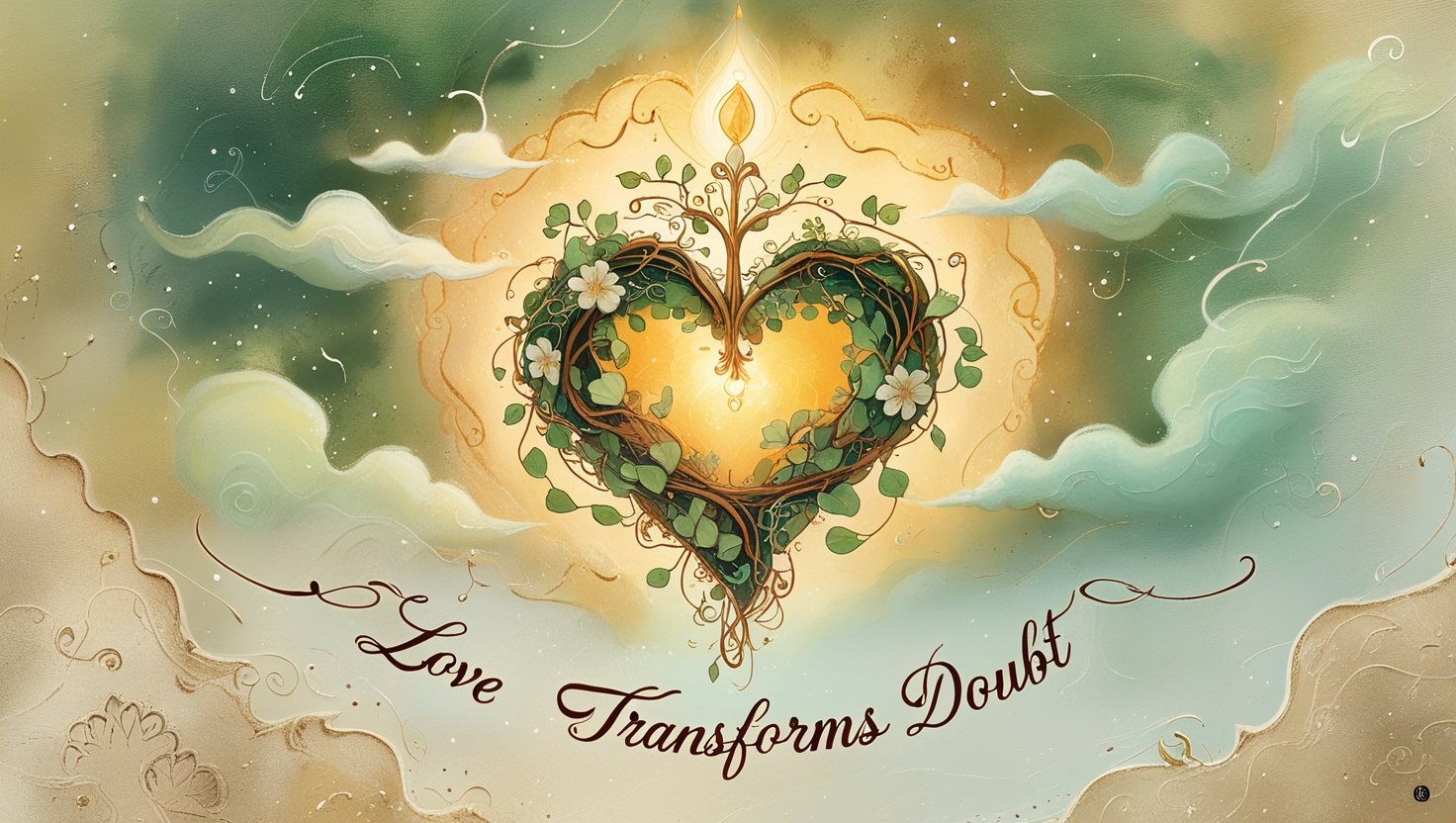“When you let go of who you are, you become who you might be.”
-Rumi.
Rumi’s quote, “When you let go of who you are, you become who you might be,” invites us to explore the transformative power of surrender and self-discovery. It speaks to the process of letting go of the limitations and identities we cling to in order to unlock our truest potential.
Letting Go of the Ego
At the core of this quote is the idea of releasing the ego—our attachment to fixed identities, roles, and perceptions of who we believe we are. The “who you are” that Rumi refers to is not just our names or social roles, but the layers of conditioning, expectations, and self-imposed limitations we carry. By letting go of these, we open ourselves up to a deeper, more authentic sense of being.
The Freedom of Surrender
In Rumi’s teachings, surrender is not a loss but a form of freedom. By releasing attachment to the self we think we must be, we make space for a new, more expansive version of ourselves to emerge. This aligns with the mystical idea that true freedom and growth come when we release control, allowing life to unfold without the constraints of ego. Letting go of old identities can be a spiritual release, enabling us to embrace new possibilities and experiences.
The Unfolding of Potential
Rumi’s quote suggests that our full potential is hidden beneath the layers of self-constructed identities. The “who you might be” is not just an abstract idea, but the truest expression of ourselves—our higher self, aligned with love, wisdom, and purpose. When we are no longer bound by limiting beliefs or societal expectations, we are free to step into the fullness of our being, which may include qualities, passions, or talents we have yet to discover.
A Path of Transformation
The process described in the quote can be seen as a journey of transformation. In order to grow, we must let go of old ways of being, thinking, and perceiving the world. This idea is reflected in many spiritual traditions where personal evolution is viewed as shedding the old self to make way for the new. By doing so, we come closer to our true nature, uncovering the depth of who we are meant to be.
Overcoming Fear and Resistance
Often, we resist letting go because we fear the unknown. The self we identify with provides security, even if it is limiting. Rumi’s quote encourages us to trust the process of release and embrace the unknown. In this space of uncertainty, we find new opportunities for growth and self-expression.
A Universal Truth
Rumi’s teaching is universal, resonating not just with spiritual seekers but with anyone on a path of self-improvement or change. The idea that letting go of the familiar and embracing the unknown can lead to personal growth and transformation speaks to the universal human experience of striving for more—whether in relationships, careers, or personal development.
Conclusion
Rumi’s quote, “When you let go of who you are, you become who you might be,” encourages us to release the limitations of the self we’ve constructed and embrace the unknown. It’s a call to surrender our attachment to ego and identity in order to discover our highest potential. This process of letting go is not a loss but a path to greater freedom, growth, and self-realization. Rumi reminds us that the key to becoming who we are meant to be is to let go of the small self and open ourselves to the infinite possibilities of who we can become.




Leave a Reply